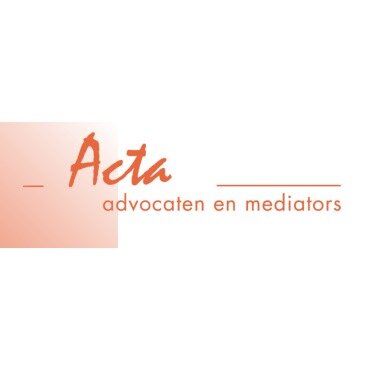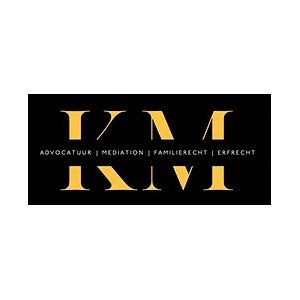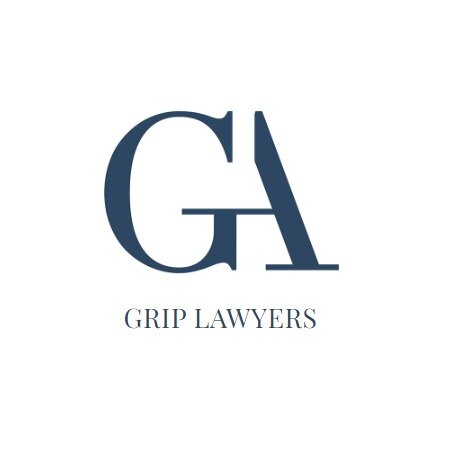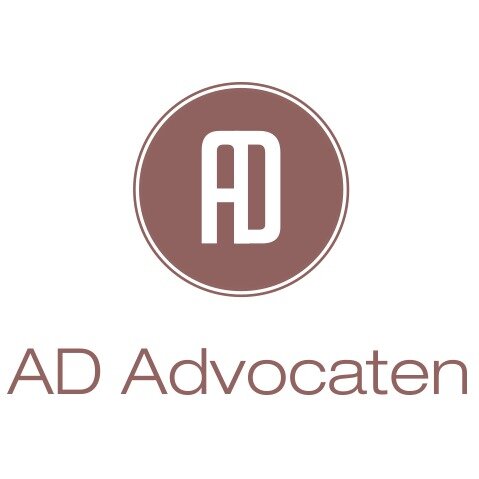Best Trusts Lawyers in Netherlands
Share your needs with us, get contacted by law firms.
Free. Takes 2 min.
Or refine your search by selecting a city:
List of the best lawyers in Netherlands
About Trusts Law in Netherlands
The concept of trusts, as understood in common law jurisdictions, is not directly recognized in Dutch law. Instead, the Netherlands uses entities such as foundations ("stichtingen") and special legal structures that may serve similar purposes. Trusts are often used by international clients who have ties to jurisdictions where trusts are common and may be established under the laws of countries that recognize trusts. In such cases, trusts can still play a role in Dutch financial and estate planning through these alternative structures and international legal principles.
Why You May Need a Lawyer
There are several situations where you might need a lawyer for issues involving trusts in the Netherlands:
- Advising on the use of Dutch foundations to achieve objectives similar to those of a trust.
- Assistance with cross-border estate planning when a trust is located in another jurisdiction.
- Legal counsel on tax implications and liabilities pertaining to trusts managed or owned by Dutch residents.
- Representation during disputes involving trusts, whether related to beneficiaries, fiduciary duties, or asset management.
- Guidance on establishing a foreign trust and managing its interactions with Dutch law.
Local Laws Overview
While the Netherlands does not have a legal framework for trusts, various laws can impact trust-related activities:
- The Civil Code provides detailed rules on inheritance, property ownership, and the legal obligations of executors, which can affect how trust assets are treated.
- The Tax Authority ("Belastingdienst") has regulations on how foreign entities such as trusts are taxed when they have connections to the Netherlands.
- Anti-money laundering and anti-terrorism financing regulations require transparency and due diligence, potentially affecting trust ownership disclosures and transactions.
Frequently Asked Questions
What is a trust?
A trust is a legal arrangement where one party (trustee) holds and manages assets for the benefit of another (beneficiary). This concept does not exist in Dutch law, but alternative structures can be used.
Can I set up a trust in the Netherlands?
Technically, you cannot set up a trust in the Netherlands, but foundations or private funds can be structured to perform similar functions.
How are foreign trusts viewed in the Netherlands?
Foreign trusts are recognized under Dutch private international law principles, but they are subject to Dutch taxation and regulatory compliance when Dutch residents are involved.
Are trusts subject to Dutch taxes?
Yes, Dutch tax laws apply to income generated by trust assets that have connections with the Netherlands, depending on residency and other criteria.
What is the role of a foundation in Dutch trust-like arrangements?
A foundation can own assets and manage them for a specific purpose, similar to a trust. It is often used in estate planning and asset protection.
How do Dutch inheritance laws impact trusts?
Dutch inheritance laws emphasize forced heirship, which may affect how assets in a trust are distributed if they are linked to Dutch residents.
Can trusts be challenged in the Netherlands courts?
Yes, when disputes arise involving Dutch residents or assets, the courts may review the legality and statutory compliance of trust arrangements.
What due diligence is required for trusts in the Netherlands?
Anti-money laundering laws require rigorous due diligence to identify the ultimate beneficial owners of trust-related structures.
Are there special disclosure requirements for trusts?
Yes, compliance with transparency requirements means disclosing certain information about trust assets and beneficiaries under specific circumstances.
Do I need a Dutch lawyer to manage a foreign trust?
While not mandatory, consulting a Dutch lawyer is advisable for navigating local laws, tax obligations, and resolving potential disputes.
Additional Resources
The following resources may be helpful for anyone seeking more information on trusts and related legal matters in the Netherlands:
- The Dutch Tax Authority ("Belastingdienst") for information on tax obligations.
- The Dutch Chamber of Commerce for establishing foundations.
- The Netherlands Bar Association for finding qualified legal representation.
- Educational seminars and workshops from law schools often cover cross-border estate planning involving trusts.
Next Steps
If you find yourself in need of legal assistance regarding trusts, consider the following steps:
- Consult a legal expert specializing in international estate planning or Dutch foundations to understand the best options for your case.
- Prepare all relevant documentation, such as trust deeds, to facilitate legal consultation and compliance evaluation.
- Review your objectives to ensure the appropriate legal structures are used for asset protection, inheritance, and tax efficiency.
- Consider engaging a legal advisor to handle complex interactions between foreign trusts and Dutch law.
Lawzana helps you find the best lawyers and law firms in Netherlands through a curated and pre-screened list of qualified legal professionals. Our platform offers rankings and detailed profiles of attorneys and law firms, allowing you to compare based on practice areas, including Trusts, experience, and client feedback.
Each profile includes a description of the firm's areas of practice, client reviews, team members and partners, year of establishment, spoken languages, office locations, contact information, social media presence, and any published articles or resources. Most firms on our platform speak English and are experienced in both local and international legal matters.
Get a quote from top-rated law firms in Netherlands — quickly, securely, and without unnecessary hassle.
Disclaimer:
The information provided on this page is for general informational purposes only and does not constitute legal advice. While we strive to ensure the accuracy and relevance of the content, legal information may change over time, and interpretations of the law can vary. You should always consult with a qualified legal professional for advice specific to your situation.
We disclaim all liability for actions taken or not taken based on the content of this page. If you believe any information is incorrect or outdated, please contact us, and we will review and update it where appropriate.
Browse trusts law firms by city in Netherlands
Refine your search by selecting a city.
















